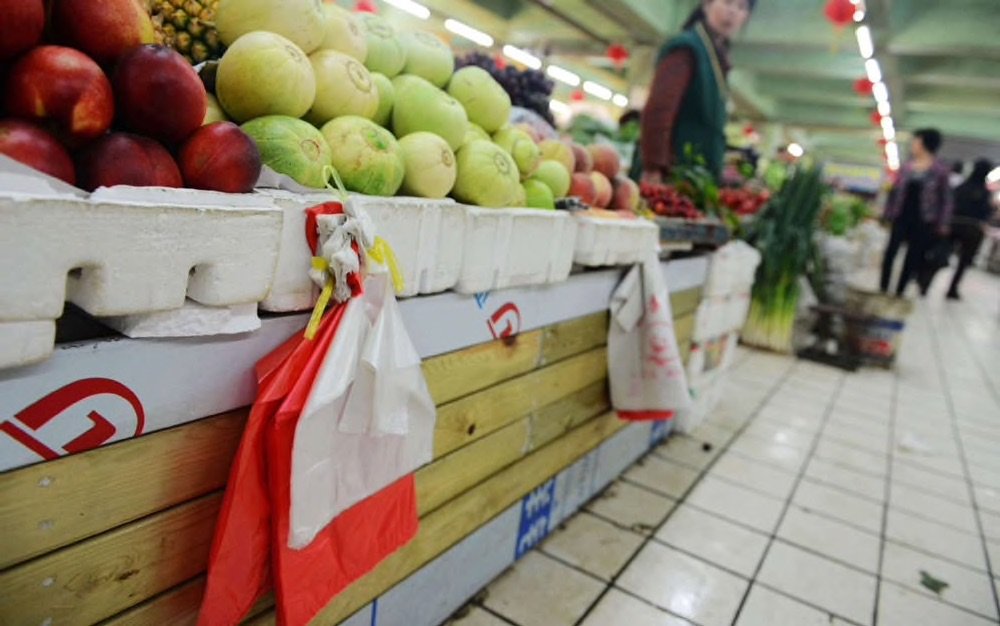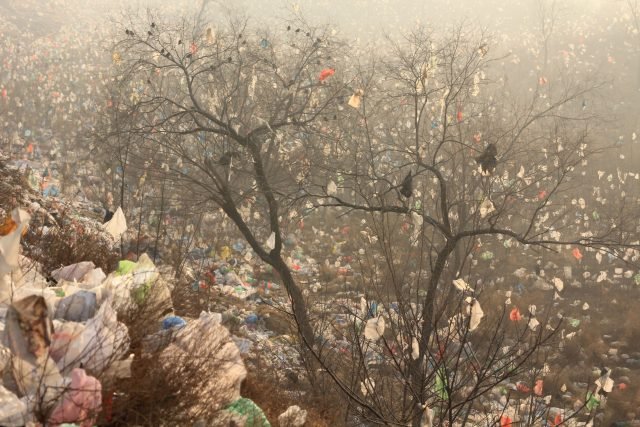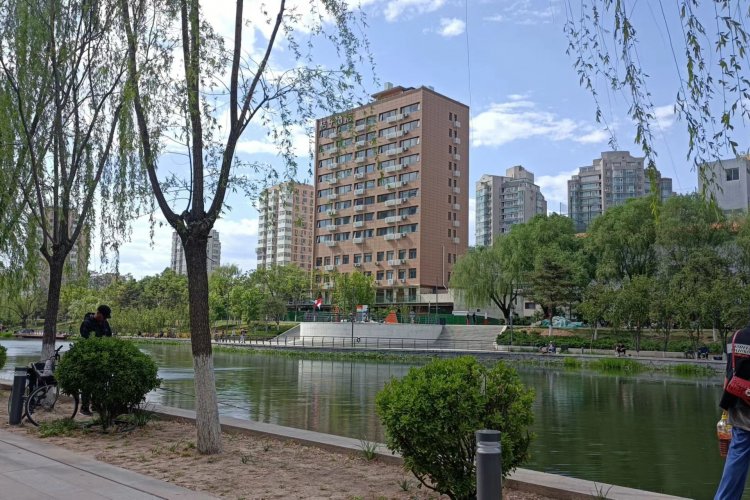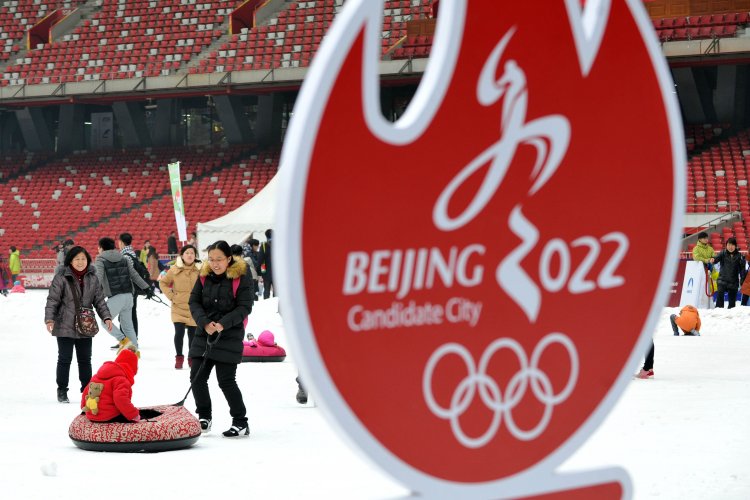In 2008 Beijing Declared War on Plastic Bags... So What Happened?
It's weird, it's wonderful, it's a deep-dive into 11 years of blog archives. It's time for Throwback Thursday...
Back in 2008, the Beijinger asked: "Are you ready to pay for plastic bags?" following the announcement from China's State Council that limits would be imposed on single-use bags. From Jun 1 of that year, customers began to be charged for plastic shopping bags, and a total ban of ultrathin (less than 0.025mm thick) bags came into action.
The law was designed to fight the "White Pollution" caused by plastic packaging, and authorities hoped that a small monetary charge would motivate customers to bring their own reusable shopping bags.
According to reusethisbag.com: "The average bag you pick up at the grocery store, or carry your takeout in, has a lifespan of about 12 minutes. When discarded, they clog sewage and storm drains, entangle and kill an estimated 100,000 marine mammals every year, and degenerate into toxic microplastics that fester in our oceans and landfills for up to 1,000 years."
That seems like a good enough argument to do away with them. And yet, 11 years later, ultrathin bags are still ubiquitous to the average Beijinger shopping experience and smaller, independent stores rarely charge for bags at all. So what exactly did the 2008 law change?

Well, charging for plastic bags in the large, upscale supermarkets is largely the norm but because the price point – usually just a few mao – is so low, it rarely incentivizes customers to carry their own. In other countries with similar disincentive policies, customers have to open up their wallets wider to avoid having to carry their groceries in their arms, or better yet, don't have access to plastic bags at all.
Secondly, most cashiers in China will ask whether you require a bag before scanning your products, while elsewhere you will only be given one if you actively ask for it. Similar policies that make it less convenient for customers to access certain products, such as alcohol and tobacco, have been proven successful, making a case for them to be implemented here.
Even with a few large supermarket chains dutifully charging for bags in accordance with the regulation, a 2018 survey of 1,101 retailers revealed that most tend to ignore the law, with only 17 percent of shops actually charging for bags. Furthermore, a whopping 78 percent of retailers were found to be using plastic bags that do not comply with quality regulations.

Unfortunately, as can be witnessed in any store today, plastic is still found everywhere. Fruits and vegetables are often heavily packaged and even if lose, usually require to be put in separate plastic bags to be weighed.
Supermarkets aside, one of the biggest abusers of plastic are online shopping and food delivery companies. In the first half of 2018 China’s three biggest online food delivery platforms – Meituan, Ele Me, and Baidu – delivered 33.9 million orders on average every day, according to China Dialogue, using non-biodegradable plastic containers in 70 percent of deliveries.
Thankfully, China does seem to be aware of the issue and is slowly taking steps to tackle the problem, with the government "encouraging" companies to replace plastics with recyclable alternatives.
Meanwhile, in collaboration with zero-waste partners and advocates around the city, you may have noticed that we here at the Beijinger are always banging on about green policies and how individuals can make a difference. Until plastic bags are eradicated entirely, we recommend that you take the initiative, first by browsing these tips and tricks on how to live a less polluting lifestyle as well as keeping up to date with the latest on our zero-waste news. Additionally, the simplest measure you can take right now is to start carrying around your own chic, reusable bag, and say no to all single-use plastic. After all, no one wants to be swimming in a sea of trash come your next beach vacay.
READ: Reduce Your Environmental Impact With These Zero Waste Travel Tips
Images: Unsplash, China Development Brief







